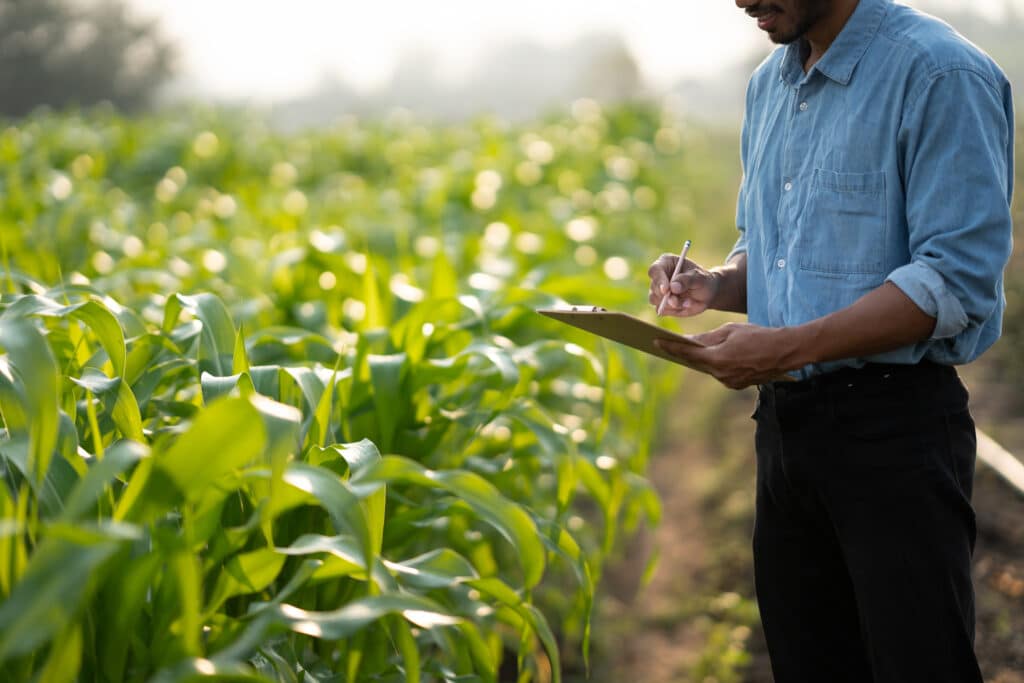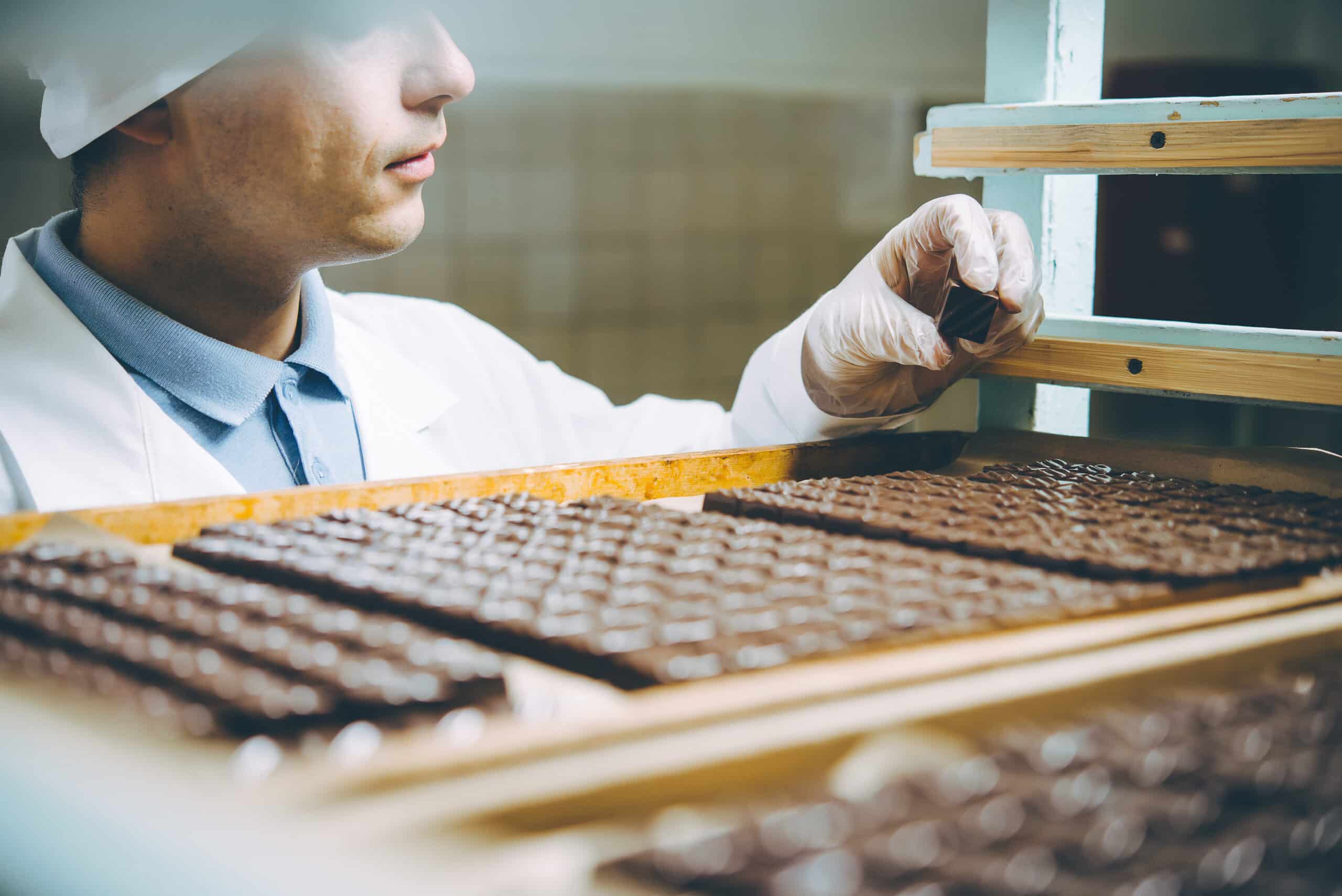The Saudi bakery industry has experienced remarkable growth in recent years, transforming from it’s traditional roots to a diverse and modern enterprise. This change has, in many ways, been reflective of broader economic trends and consumer preferences, as well as being a consequence of strategic investments in Saudi food that have spurred and advanced the industry.
This article provides a comprehensive overview of the factors driving the rapid expansion of the Saudi bakery industry, including cultural influences, Saudi urbanisation, consumer trends, and key industry developments.
Industry growth
The Saudi bakery market has demonstrated consistent growth in recent years. The combined bakery and cereals market in Saudi Arabia grew in value from $10.1 billion to $11 billion between 2021 and 2023, and this figure is projected to reach $14.1 billion by 2028.
Private label bakery products have seen a modest increase in market share, indicating a growing consumer acceptance of store-brand offerings. The Kingdom’s frozen and retail bakery markets have also expanded significantly. The Saudi bread market is projected to maintain an upward trajectory, with an expected annual growth rate of 3.45% from 2024 to 2029, potentially reaching a market volume of US$4.04 billion by 2029.
At the same time, the distribution landscape has also evolved, with supermarkets and hypermarkets now serving as the primary channels for baked goods, gradually supplanting traditional bakeries and small local grocers.
What is driving the growth of Saudi Arabia’s bakery industry
The growth of the Saudi bakery industry is not occurring in isolation; rather it is being shaped by several societal factors including cultural influences, rapid urbanisation, lifestyle changes, and evolving consumer preferences.
Traditional Saudi Arabian cuisine includes a variety of breads and pastries, making bakery products a staple in the local diet. Traditional breads such as Khubz and Rghaif are consumed daily, while pastries like Baklava and Maamoul are popular during special occasions and festivals.
The influence of international cuisine and a growing expatriate community have diversified consumer preferences and increased demand for a different range of bakery products, including French baguettes, croissants, and Danish pastries. Rapid urbanisation has also significantly impacted demand. With more Saudis living in urban areas and leading faster-paced lives, there is greater demand for convenient and ready-to-eat bakery products. This has resulted in the proliferation of cafes, patisseries, and bakery chains in urban centres, further fuelling industry growth.
At the other end of the spectrum, health-conscious consumers in Saudi Arabia are also driving demand for bakery products. Bakery businesses that offer healthier options, such as whole grain bread, sugar-free pastries, gluten-free items, and artisanal bread made with organic ingredients, are becoming increasingly popular with this health-conscious consumer segment and have become increasingly popular in recent years.
In addition to these consumer trends, much of the growth experienced by the Saudi bakery industry can be attributed to recent economic development, as well as conducive policies that have stimulated the industry. Government initiatives such as Saudi Vision 2030 have directly supported development and diversification in the food industry. At the same time, the emergence of an urban middle class in the region has led to both an increase in disposable income and a subsequent rise in demand for premium and luxury food products. Moreover, a concerted effort from the Saudi government to bolster the nation’s tourism and hospitality industries has driven further industry growth, with the bakery industry benefiting from a steady stream of tourists.
Opportunities and strategic investments
Consumer lifestyles and consumption patterns are changing, and this has presented new opportunities for businesses to expand their reach and cater to a more diverse and lucrative customer base.
Saudi bakeries can capitalise on these opportunities by embracing technological advancements, focusing on product diversification, and enhancing their marketing strategies. There is already plenty of evidence that this is already happening. Almarai, a leading player in Saudi Arabia’s baked goods market, have sought to capitalise on emerging market trends by investing SR405 million ($108 million) to expand its bakery division, and enter the frozen bakery market. This investment signals a strategic move to diversify its product offerings and tap into the growing demand for convenient, ready-to-eat bakery items.
It should also serve as a wake-up call to the rest of the Saudi bakery industry. By investing in modern equipment and automation, bakeries can improve efficiency, increase production capacity, and market presence. Advancements such as these also enable businesses to expand their product lines and cater to more diverse consumer preferences. Expanding product lines to include healthier options, premium goods, and items catering to dietary trends (such as gluten-free or vegan options) can easily attract a broader customer base and boost an organisation’s bottom line.
Strengthening online presence and leveraging e-commerce platforms can also drive sales and help organisations reach new markets. While maintaining rigorous quality control and food safety standards will help build consumer trust and brand loyalty, positioning bakery businesses for sustained growth in the years to come.
Saudi bakery industry outlook
Saudi Arabia’s bakery industry is still quite fragmented, with the top 5 companies only accounting for 28.5% of total production value in 2023. Given the growth potential of the sector the likelihood of consolidation in the future seems strong. Private equity interest in the bakery sector has already driven significant consolidation in global markets, and the Saudi market appears ripe for similar activity. In particular, many smaller, family-owned bakeries in the region present compelling acquisition opportunities for larger players seeking to realise the benefits of scale, cost synergies, and diversification opportunities they represent. Bakeries that invest in scaling operations, adopting automation, and streamlining supply chains are likely to be at the forefront of this consolidation trend.
Staying ahead of emerging trends
To capitalise on emerging trends and achieve a competitive advantage, the Saudi bakery industry must adopt proactive and agile strategies that enable them to stay ahead of emerging trends and adapt to changing consumer preferences and market demands. Bakery consultants can play a key role in this process.
At Farrelly Mitchell, our food and agribusiness consultants have decades of experience conducting market research and delivering tailored strategies that improve market penetration and drive business growth. Through our global network of industry specialists, we provide specific insights into local markets across the Middle East, Africa, and Europe. We offer guidance on operational improvements, supply chain optimisation, agribusiness strategy, and much more. To find out more about our services and position your business for long term operational and commercial excellence, contact us today.











